Home > Core Services > Acute Medication ServiceAcute Medication Service
The Acute Medication Service (AMS) is the electronic transmission of prescription information (ETP) between GP prescribers and community pharmacy contractors
The barcode on the left-hand side of paper prescriptions is used as a trigger at various points in the processing of prescriptions to transfer information to and from the NHS central system. Community pharmacy teams use barcode scanners and their PMR systems to do this and then onwards to the payment services department at NHS NSS following dispensing and endorsement.
Process
GP10 prescriptions carry a barcode with a unique code. In the background when the prescription is printed, an electronic message is generated at the same time and is sent securely to the ePharmacy message store, which is managed by NHS National Services Scotland (NSS).
The electronic message contains the patient’s name, address, date of birth, CHI number, name of Medicine(s) to be dispensed, dosage instructions for the medicines, GP details, and the date the prescription was generated.
When the patient presents the GP10 prescription to the community pharmacy for dispensing, the barcode containing a unique code is scanned. The scanning of the barcode allows the pharmacy team to “pull” the electronic message down from the message store.
The information retrieved from the barcode supports the community pharmacy team to dispense the prescription. During the dispensing process, the community pharmacy team must add electronic endorsements to the electronic message before submitting an electronic claim message to Practitioner Services for payment. Adding electronic endorsements tells the team that processes pharmacy payments exactly what was dispensed and is the only way to ensure accurate payment. Whilst we would encourage endorsements to be added to the paper prescription in case the electronic system fails, in almost all cases these written endorsements will never be seen and will not be used in the payment process.
ePay
The downloaded electronic claim messages will be reimbursed using ePay - the automated application of the PSD pricing rules to electronic claim messages.
The use of ePay to automatically pay for items is now well established, and the vast majority of lines are now automated. This means that very few prescription messages that are submitted will ever be seen by a human and shows the importance of accurate electronic endorsements.
If you need to change the electronic claim for any reason you can do so by cancelling the electronic claim, amending it and resubmitting it ideally while the prescription is in the pharmacy or it could even be done up to 14 days after the prescription has been sent to PSD so long as it has not already been processed for payment!
We have produced a video covering the basics of endorsing, and the full endorsing guide is always available as a reference source for when you have specific questions.
Yellow Card Reporting
The Yellow Card Scheme allows patients and healthcare professionals to report problems with medicines or medical devices. This may be because:
A medicine causes side effects
Someone’s injured (or almost injured) by a medical device, either because its labelling or instructions aren’t clear, it’s broken or has been misused
A patient’s treatment has been interrupted because of a faulty device
Someone receives the wrong diagnosis because of a medical device
Medicine doesn’t work properly
Medicine is of poor quality
Do you think a medicine or medical device is fake or counterfeit
Since 2016, the MHRA has also been collecting reports of safety concerns with e-cigarette products via this scheme.
Patients within all health boards should be encouraged and supported by healthcare professionals to complete Yellow Card reports for suspected ADRs. Further patient-specific information on the Yellow Card Scheme and reporting of suspected side effects can be found on the YCC Centre Scotland website.
E-learning Modules
Yellow Card Centre Scotland and NHS Education Scotland (NES) have collaborated to produce 6 interactive e-learning modules on adverse drug reactions (ADRs). These modules aim to increase awareness of the harm that can be caused by medicines including admissions to hospital and prolongation of hospital stays; and how these problems can be identified or avoided. These modules have been developed for continuing professional development for all healthcare professionals across NHS Scotland and are available to view below:
Objectives for the resource
Module 1 Basic Principles of ADR
Module 2 Categorisation
Module 3 Drug Allergy Classification
Module 4 Diagnosis, Interpretation & Management
Module 5 Avoiding Adverse Drug Reactions
Module 6 Pharmacovigilance
Complete the MCQs via Portal
For Further Information
For further information, please contact Yellow Card Centre Scotland on 0131 242 2919 or email yccscotland@luht.scot.nhs.uk.




